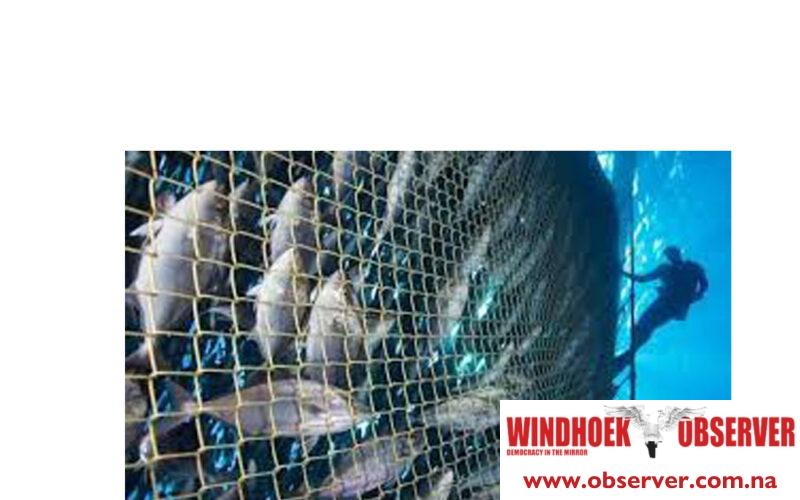Niël Ternlanché
Namibia’s African Aquaculture Company (AAC) has taken a significant step towards diversifying the country’s aquaculture industry after it was granted an “Offshore Commercial Phase” license to pioneer salmon farming in the Atlantic Ocean near Lüderitz.
Clement Kaukuetu, President of the Namibia Operations at AAC, announced the new development in the project and added that it is a groundbreaking venture for Sub-Saharan Africa.
“The license, effective for 15 years, marks the inception of the region’s first commercial salmon farming and production facility,” he said in a statement.
The operations will span three offshore sites in the ||Kharas Region, northwest of Lüderitz.
According to Kaukuetu, the company is set to harness the chilly Atlantic Ocean currents to cultivate high-quality Atlantic salmon.
He said that the initial phase of the project is scheduled to begin in early May, with AAC targeting an annual production capacity of 50,000 tonnes of the processed fish.
Kaukuetu added that AAC’s venture is backed by Norwegian aquaculture expertise, ensuring that the facilities and operations meet international standards.
“Our collaboration with seasoned Norwegian partners will not only ensure operational excellence but also enable us to implement sustainable farming practices,” he said.
According to Kaukuetu, the initiative is expected to make a significant impact on the national and local economy in Lüderitz by creating approximately 5,000 jobs.
“These positions will span various sectors including direct farming, logistics, construction, and services, thereby fostering substantial socioeconomic development in the region,” he added.
According to Kaukuetu, AAC is taking proactive steps to establish a local Salmon Farming Association and he said that the move aims to attract additional stakeholders and expand the nascent industry within Namibia and potentially across Sub-Saharan Africa.
“By forming this association, we are laying the groundwork for a robust industry network that will drive innovation and growth in the salmon market, which is already proving lucrative on a global scale,” he explained.
He said that the salmon farming project also promises to diversify Namibia’s export portfolio and that it will strengthen food security and provide valuable foreign exchange earnings through exports to international markets.




